A’Level (Advanced Level) credentials include a wide range of courses, allowing students to tailor their study to their academic interests, strengths, and professional goals. A’Levels, which are typically studied across two years, give in-depth knowledge and are an important step for students wishing to further their education or seek specialized employment. Here’s an overview of the core and optional A’Level subjects to help you make an informed decision.
Core A’Level Subjects
While there are no compulsory subjects at A’Level, certain subjects are considered “core” because they are commonly chosen and provide foundational knowledge for many career paths and university programs. These include:
1. Mathematics
Mathematics is one of the most versatile A’Level subjects. It is highly valued by universities and is often a requirement for courses in engineering, physics, economics, and computer science. Core topics include algebra, calculus, statistics, and mechanics.
2. English Literature
English Literature fosters critical thinking, analysis, and communication skills. It is ideal for students interested in humanities, law, journalism, or creative writing. The subject involves studying prose, poetry, and drama from various periods.
3. Biology
Biology is essential for students pursuing careers in medicine, biotechnology, or environmental science. Topics include genetics, cell biology, ecology, and human anatomy.
4. Chemistry
Chemistry is critical for students interested in medicine, pharmacy, or chemical engineering. It includes organic, inorganic, and physical chemistry and practical laboratory work.
5. Physics
Physics is a cornerstone for engineering, technology, and physical sciences. Topics include mechanics, electricity, thermodynamics, and quantum physics.
Optional A’Level Subjects
In addition to the core subjects, students can choose from a wide array of optional subjects to tailor their education to their interests and future goals. Here’s a breakdown by category:
Sciences and Technology
- Computer Science: Covers programming, algorithms, data structures, and computational thinking. Essential for students interested in tech or software engineering.
- Environmental Science: Focuses on sustainability, ecology, and climate change, ideal for students interested in environmental studies or green careers.
- Psychology: Explores human behavior, cognitive processes, and mental health, suitable for careers in healthcare, education, or counseling.
Humanities and Social Sciences
- History: Involves analyzing historical events, contexts, and interpretations, making it ideal for law, politics, or research-based careers.
- Geography: Combines physical and human geography, covering topics like urbanization, climate change, and ecosystems.
- Sociology: Examines societal structures, relationships, and social behavior, suitable for careers in social work or public policy.
- Politics: Explores political systems, ideologies, and global issues, ideal for students interested in government or international relations.
Business and Commerce
- Economics: Studies how economies operate, covering topics like supply and demand, market structures, and economic policy. A popular choice for business, finance, and economics degrees.
- Business Studies: Focuses on management, marketing, and entrepreneurship, preparing students for business or administrative careers.
- Accounting: Teaches financial principles, bookkeeping, and budgeting, essential for careers in finance or accounting.
Creative Arts and Design
- Art and Design: Involves developing artistic skills and building a portfolio, suitable for careers in architecture, graphic design, or fine arts.
- Media Studies: Examines media production, communication, and cultural impact, ideal for students interested in film, journalism, or advertising.
- Drama and Theatre Studies: Combines acting, performance, and script analysis, appealing to students with a passion for the performing arts.
Languages
- Modern Languages: Includes French, Spanish, German, and others, valuable for careers in translation, international relations, or tourism.
- Classical Languages: Subjects like Latin and Ancient Greek, suitable for students interested in history, archaeology, or classical studies.
Technical and Vocational Subjects
- Design and Technology: Focuses on engineering, product design, and manufacturing processes.
- Law: Introduces students to legal systems, contracts, and criminal law, ideal for those planning to study law at university.
- Physical Education (PE): Covers sports science, physiology, and performance analysis, suitable for careers in sports or fitness.
Choosing the Right A’Level Subjects:
1. Consider Your Interests and Strengths
Choose subjects you enjoy and excel in, as this will keep you motivated and improve your chances of achieving good grades.
2. Align with Career Goals
Certain careers and university programs require specific A-Level subjects. For example:
- Medicine: Biology, Chemistry, Mathematics/Physics
- Engineering: Mathematics, Physics, Chemistry
- Law: History, English Literature, Politics
3. Research University Requirements
Check the entry requirements for your desired university courses to ensure your subject choices align with their prerequisites.
4. Balance Your Workload
Choose a mix of subjects that challenge you without overwhelming your schedule. Balancing sciences with humanities or creative subjects can provide variety and reduce monotony.
5. Seek Advice
Speak to teachers, counselors, or older students for insights on the content and difficulty level of subjects you’re considering.
A’Level subjects provide flexibility and the ability to pursue your interests while preparing for future academic and professional objectives. Whether you want to work in science, the arts, business, or technology, the correct combination of core and elective studies can put you on the path to success. Take the time to assess your interests, strengths, and goals in order to make informed judgments that reflect your potential and ambition.




